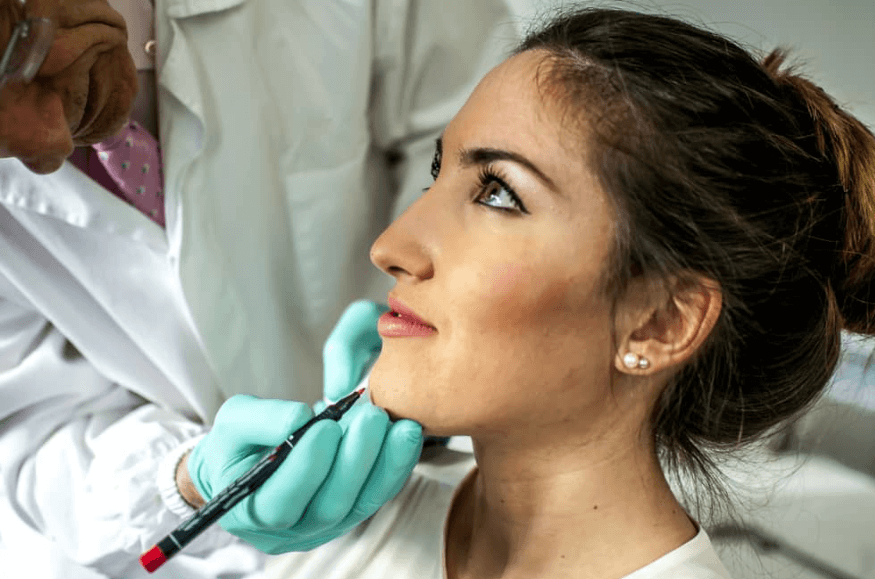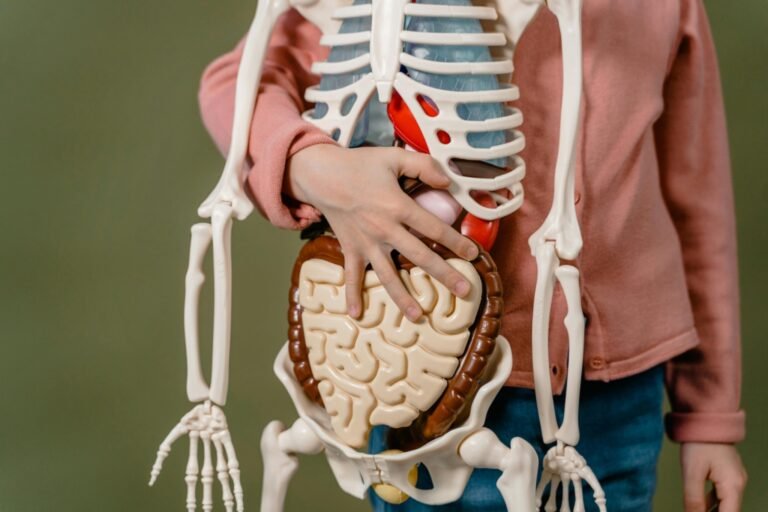How Painful Is Jaw Reconstruction Surgery?
If you’ve been told you need jaw reconstruction surgery, the first question that probably pops into your head is, “How bad is the pain going to be?” That’s completely normal. The idea of surgery on your face sounds scary. Surgery sounds intense, and it’s okay to be a little nervous. The problem is, people don’t always explain what jaw reconstruction surgery in New York City, NY, actually feels like, step by step. When you know what’s coming, it feels less daunting. So let’s break it all down.
Before the Jaw Reconstruction Surgery in New York City, NY: What You Feel (or Don’t)
You won’t feel any pain during the actual surgery itself. That’s because doctors use general anesthesia, which puts you completely to sleep. However, what often catches people off guard is everything that comes before the surgery. If your jaw needs reshaping or realignment, your surgeon may ask you to get scans, impressions, or even braces ahead of time. These steps aren’t painful, but they can definitely feel uncomfortable or frustrating. So while the surgery doesn’t hurt, the process leading up to it can be tiring. It takes time and patience to get everything in place before the real work begins.
See also: Why Opt for Interior Painting Services in Gilbert, Arizona
Right After Surgery: A Strange, Numb Feeling
Once the surgery is done and you wake up, your jaw might not hurt immediately. Instead, it feels numb or tingly. That’s because the anesthesia hasn’t fully worn off yet. You might also have a tube helping you breathe, and that can feel strange. Then, after a few hours, you might feel pressure. Not sharp pain, but a deep, sore feeling. This is where the medication comes into play, and doctors usually give you strong pain medicine right away.
The First Few Days: Yes, It Can Be Tough
Now, let’s be honest, this is usually the hardest part. Your jaw is swollen, and you might feel:
- Throbbing pain: Like a deep ache in your bones
- Stiffness: It’s hard to open your mouth much
- Tiredness: Your body is healing, and it needs rest
But here’s the thing: the pain is usually manageable. Doctors often give you strong painkillers or even nerve blockers for the first few days. If you take your medicine as prescribed, the pain remains under control. Also, using ice packs on your face really helps. It doesn’t just reduce swelling, but also makes everything numb, which is a big relief!
A Week Later: You’ll Notice a Shift
Pain doesn’t stay sharp forever. After the first week, most people say it changes to more of a dull soreness or stiffness. That’s actually a good sign. It means your body is healing! However, during this stage, it’s still important to eat soft foods that don’t strain your jaw.
You can try eating:
- Mashed potatoes
- Smoothies
- Broths and soups
It’s Not Just Physical Pain. There’s Mental Stress, Too
Now this is something people don’t talk about enough. Jaw reconstruction surgery in New York City, NY, doesn’t just affect your body. It can mess with your emotions as well. When your face feels different, and you can’t talk or eat normally, it’s easy to feel off. For a lot of people, the mental part catches them off guard. You might notice feelings like:
- Frustrated because they couldn’t talk much
- Sad because healing took longer than expected
- Anxious about how their face would look
A Few Weeks Later: You Start to Feel Like Yourself Again
As the days pass, the pain fades and the swelling goes down. This is when you start talking more clearly. Even though your jaw might still feel sore if you move it too much, it no longer dictates your whole day.
This is what helps at this stage:
- Gentle jaw exercises (your doctor will show you)
- Warm compresses instead of ice
- Switching to lighter pain medicine like ibuprofen
Long-Term Healing
Even months later, you might feel:
- Tingling in your chin or lips
- Soreness when chewing tough foods
- Random stabs of nerve pain
These are normal. Nerves in your jaw take time to recover. For some people, full feeling takes months to return after jaw reconstruction surgery. While others say they feel minor tightness for up to a year. However, it’s not constant or severe. There are just little reminders that your jaw’s still adjusting.
What Makes Pain Worse (and How to Avoid It)
You can’t fully avoid pain, but you can avoid making it worse. Here are some things to look out for:
- Skipping meds: This lets pain build up too much
- Talking too much: It strains healing muscles
- Chewing tough food too soon: Big mistake
- Sleeping without proper head support: Swelling increases
So, Is It Really That Painful?
Yes and no. Jaw reconstruction surgery in New York City, NY, is not pain-free. However, it’s not unbearable either. It feels more like pressure, soreness, and stiffness rather than sharp or intense pain. That new bite, improved breathing, and confident smile make the healing journey feel worth it in the end! So if you’re worried about pain, that’s totally fair. Just know you won’t go through it alone, and will have tools to manage every step.Reach out to MFSS to book your appointment today!






